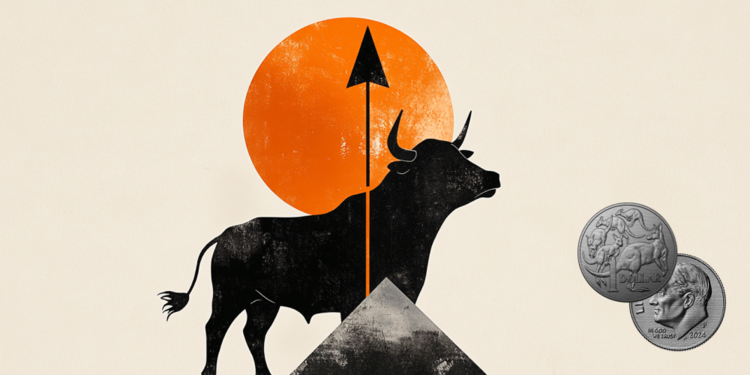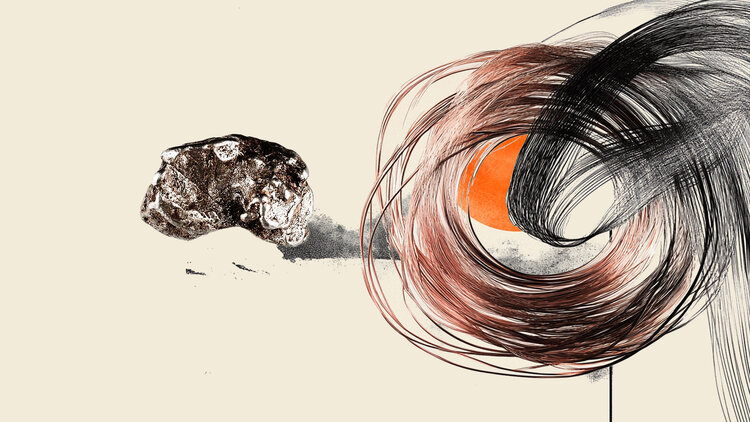Marine researchers off the coast of Florida, United States, are investigating the possibility that sharks are addicted to cocaine.
This would have occurred after an alleged ingestion of the substance, which would have been discarded in the water by drug traffickers who were trying to take the product to the country.
Marine biologist Tom Hird, known as “The Blowfish”, is investigating the case, which is featured in the documentary “Cocaine Sharks”, to be released by the Discovery Channel.
“The deeper story here is how chemicals, pharmaceuticals and illicit drugs are entering our waters. [oceanos] and what effect they could have on these delicate ocean ecosystems,” Hird told Live Science magazine.
According to the vehicle, in June of this year alone, the US Coast Guard seized more than six tons of cocaine in the Caribbean Sea and the Atlantic Ocean, with an estimated value of US$ 186 million (about R$ 900 million).
Reports from fishermen aroused the attention of the biologist who began to study the behavior of sharks that supposedly ingested the drug.
In an experiment done with University of Florida environmental scientist Tracy Fanara, packages similar to bales of cocaine were created and both observed that the animals approached and bit them.
In a second attempt, they made a “bait ball” of highly concentrated fish powder, which would trigger a dopamine rush similar to a hit of cocaine. The sharks showed altered behaviors.
In the final test, the team dropped fake drug bales from an airplane. Several different types of sharks have shown interest in the released packs.
“We have no idea what [a cocaína] can do to the shark,” Hird told the magazine, adding that in the limited research that has been done, different fish seem to react differently to the same chemical. “So that’s a baseline and we’ll go from there,” he said.
And it’s not just cocaine that can be a problem. “Another thing we can find is actually this long stream, [esse] drip of pharmaceuticals: caffeine, lidocaine, cocaine, amphetamines, antidepressants, birth control—this long, slow commute of them from the cities to the [oceano] it’s starting to hit these animals,” he concluded.
Source: CNN Brasil
I am an experienced journalist and writer with a career in the news industry. My focus is on covering Top News stories for World Stock Market, where I provide comprehensive analysis and commentary on markets around the world. I have expertise in writing both long-form articles and shorter pieces that deliver timely, relevant updates to readers.







